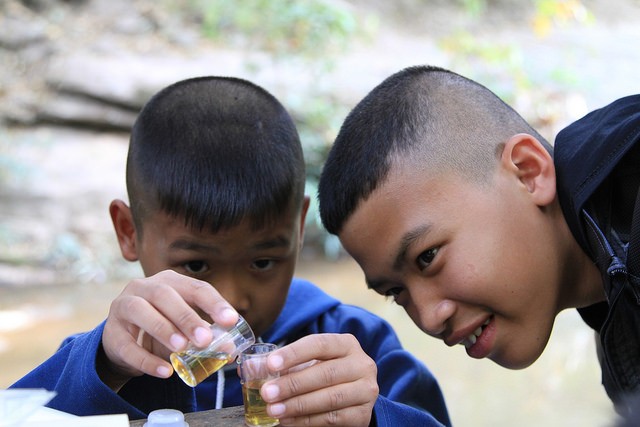
The Lower Mekong Initiative (LMI) is a multinational partnership effort initiated by the United States in 2009 to promote greater cooperation in the Mekong sub-region. The effort is focused on: Agriculture and Food Security, Connectivity, Education, Energy Security, Environment and Water, Gender, Health and other and cross-cutting issues. LMI has been designed to serve as a forum for partners to develop shared responses to the most pressing cross-border development challenges.
Through the United States’ long history of engagement with the countries of Southeast Asia, there is an increasing awareness of the growing number of issues that cross national boundaries. The countries of the Lower Mekong sub-region share a variety of common concerns, including trans-boundary water resources management, infectious diseases such as dengue and pandemic influenza, and vulnerability to the negative effects of climate change. LMI seeks to support a common regional understanding of these issues and to facilitate effective, coordinated responses.
USAID supports LMI through the Connecting the Mekong through Education and Training program, a signature investment in workforce development under the initiative.
To learn more about the programs and initiatives of the Lower Mekong Initiative, go to http://lowermekong.org/.







Comment
Make a general inquiry or suggest an improvement.